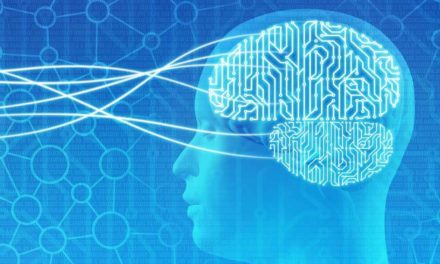Faith is something that is believed without proof or reason – there is a myriad of religions available in the marketplace of ideas, therefore there is no need to add any more to the mix. Faith is something that is believed without evidence or rationale.
Given that Hindu philosophy is difficult and profound, and that the general public is incapable of comprehending the intricacies, there is no need to confuse people with notions they cannot comprehend.
While the ultimate purpose of Hindu philosophy is to allow one to find pleasure in the here and now, the majority of people are too preoccupied with their own personal happiness projects to consider other methods of coping.
Open to new concepts and practical approaches for changing their mental condition, those who are interested in learning more about them will seek them out and finally come to Hinduism.
Gods, according to Hinduism’s many religions, are both creators and parents in the same way that we are. We, the People, are similar to our offspring. No parent expects their children to express gratitude to them for the services they have provided to their children.
Hindu gods always bestow blessings on all individuals, regardless of whether or not they are followers. If you pick a dharma path after reaching adulthood, you will be able to quickly break free from the cycle of births and reach the feet of God.
If you select the adharma path, you will have to go through many cycles of birth and experience a great deal of suffering before reaching the foot of God ( Heaven). You will get blessings if you visit a temple and worship the Hindu gods.
You will only be made aware of the good routes to pursue and avoid the bad ones if you do so. In other words, if you commit certain crimes in your life, you will have to suffer as a result of them; there is no way out.
The worship of Hindu deities will assist you in preventing your faults from becoming more serious. If your dharma actions outweigh the number of negative consequences of your sin, the influence of your sin becomes minimal.
And you no longer experience the consequences of your sin. This is in accordance with the rule of Karma. Not a religious belief, but the law. Consequently, Hindus are under no obligation to promote this edict.
Throughout history, classical Hindu sages, intellectuals, and students have reasoned, disputed, questioned, examined, sought proof, and followed the evidence to its conclusion.
Sadly, this proactive and engaged intellectual grappling with the Shastra and Dharma has degenerated into imprisoning “faith & superstition” – “custom and usage” – and we must return to the past and re-invigorate the great Indian traditions of philosophy, logic, and debate to prevent this from happening again.
When I have had an in-depth debate with my fellow priests regarding the teachings of the Dharma that conflict with their real practice, they dismiss it with disdain, stating, “O that is merely theory, in practice we do!”
Consequently, the most difficult difficulty we face is putting the theory into action in the real world. In terms of spreading and expanding Hinduism, or any spiritual doctrine for that matter, this is the most significant roadblock.
It is possible to simply solve all of the difficulties that exist in Hindu culture, including caste discrimination, oppression, and gender issues, if the higher teachings of the Shastra are taught, internalized, and practiced.





